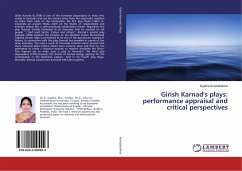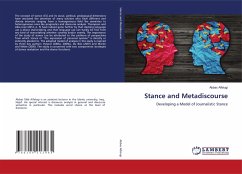Girish Karnad (b.1938) is one of the foremost playwrights in India who writes in Kannada and yet has moved away from the regionalist tradition to make fresh raids on the inarticulate. His first play Yayati (1961) re-interprets an ancient Hindu myth on the theme of responsibility and emerges almost like a self-consciously existentialist dream. Regarding this play, Karnad frankly confessed in an interview that he wanted to tell people "I had read Sartre, Camus and others". Karnad's second play Tughlaq (1964) explores the Paradox of the idealistic Sultan Muhammad Tughlaq whose reign is considered to be one of the spectacular regimes of history. In connection with this play, Karnad has revealed in course of the same interview "he read a work of Kannada criticism which proved that many historical plays written earlier were costume plays and that no one attempted to relate a historical episode to modern sensibility like Shaw. This inspired me to write such a play in Kannada". His thirdplay Hayavadana (1970) presents the theme of human beings aspiring for the unattainable in the Brechtian pattern. And in his fourth play Naga-Mandala, Karnad weaves two Kannada folk tales together.
Bitte wählen Sie Ihr Anliegen aus.
Rechnungen
Retourenschein anfordern
Bestellstatus
Storno








